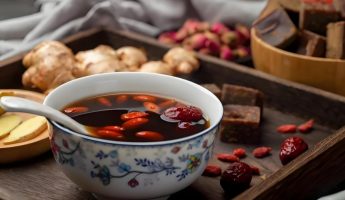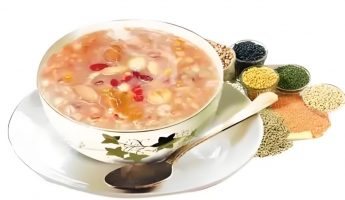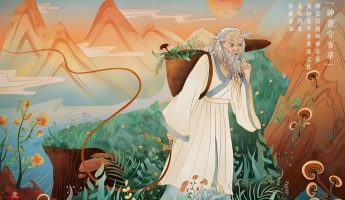Taoist health preservation is centered on conforming to nature and harmonizing qi and blood. Laozi’s “Tao Te Ching” states: “Man follows the earth, the earth follows the sky, the sky follows the Tao, and the Tao follows nature.” The laws of nature are also the fundamental basis for human health preservation.
In modern life, we often overlook the rhythms that are in harmony with nature, leading to imbalances and discomfort in the body. The “three don’ts of waking up early, three don’ts of rushing after meals, and three don’ts of going to bed” proposed by Taoist doctors are precisely the way to regulate the body’s qi and maintain health in accordance with the natural time.
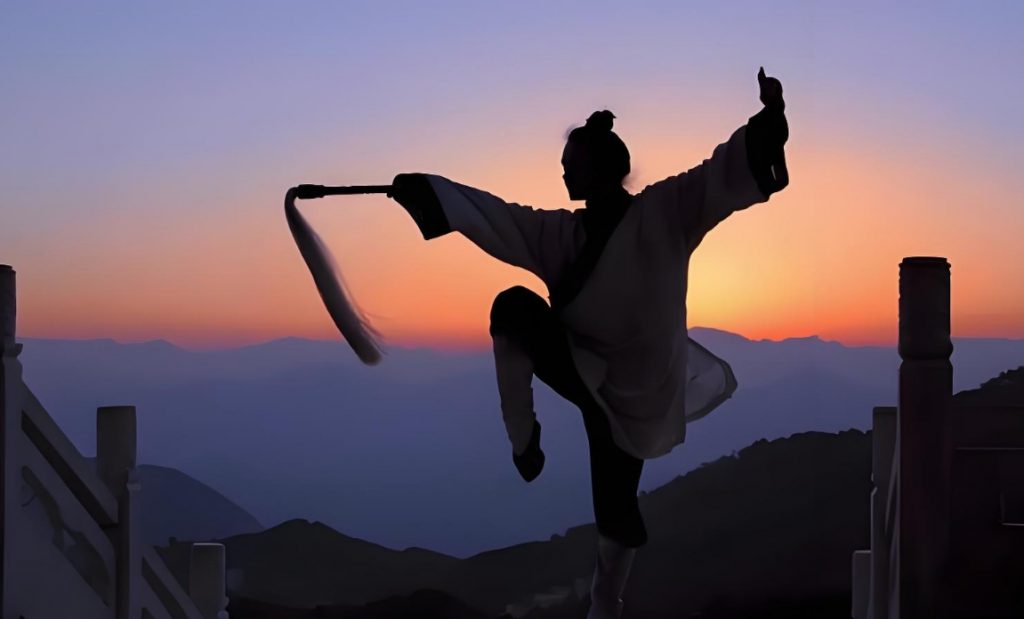
Don’t wake up early three times
- Do not immediately get up. When the body gradually transitions from sleep to wakefulness in the morning, blood pressure is lower and the burden on the heart is lighter. If you wake up suddenly in the morning, it is easy to cause a sudden increase in blood pressure and increase the pressure on the cardiovascular system. Taoism advocates slowly opening your eyes and slightly moving your hands and feet when you wake up early, giving your body time to adapt, and waiting for your breath to stabilize before getting up.
- Do not drink cold water immediately. Taoist doctors believe that when yang qi rises in the morning, the kidney qi is not completely unobstructed. If you drink cold water too early, it can easily damage the spleen and stomach yang qi, leading to indigestion. According to the “Su Wen: Treatise on the Time of Dirty Qi Method”, “For those with yang qi, if the sky and sun are lost, their lifespan will be shortened and not fully displayed.” Therefore, it is advisable to warm the mouth first in the morning and drink warm water, which is more suitable.
- Do not exercise immediately. Although it is a time of strong yang energy in the morning, when the body first wakes up, qi and blood have not yet fully circulated, and the limbs are stiff. If intense exercise is carried out immediately, it is easy to damage the muscles and bones, and strain the spleen and kidneys. Taoist health advocates taking slow steps and stretching appropriately after waking up in the morning, and then exercising moderately after the body is completely relaxed for better results.
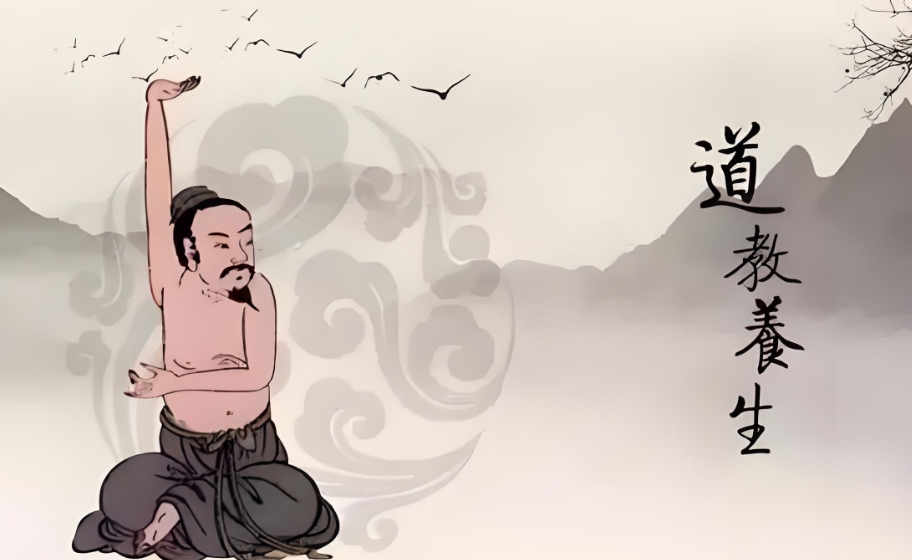
Don’t rush after meals
- Don’t rush to move around. As the saying goes, “Take a hundred steps after a meal and live to ninety-nine.” However, it is also necessary to move around in a timely manner. Walking immediately after a meal can actually affect the normal digestion of the stomach and lead to dysfunction of the spleen and stomach qi system. The Taoist suggests taking a short rest after meals, waiting for the food to be digested before walking slowly.
- Don’t rush to drink tea immediately after meals, as it can dilute stomach acid and affect the digestion and absorption of food. Especially strong tea, it is more likely to cause obstacles in iron absorption. The ancient saying goes, “It is not advisable to drink tea after a meal, as it may cause water to flush the grain qi.” Taoist doctors advocate drinking tea in moderation half an hour after a meal, preferably light and mild.
- Do not rush to engage in mental or physical labor immediately after meals, as it can cause a large amount of blood to concentrate in the muscles or brain, weaken the blood supply to the gastrointestinal tract, and affect the digestion and absorption of food. Especially for those engaged in heavy physical labor, taking a break after meals is necessary to ensure smooth blood flow and avoid indigestion.
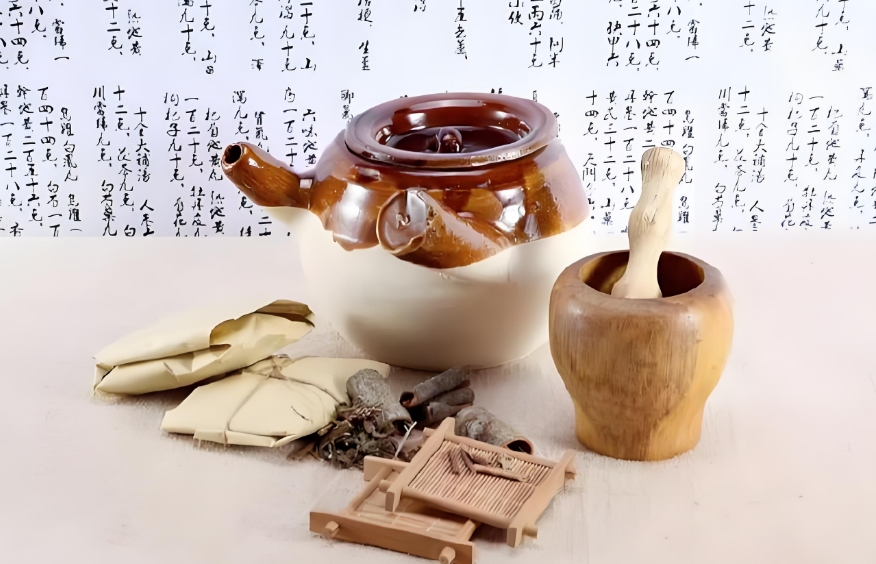
Not suitable for three times before bedtime
- It is not advisable to overeat. Taoist doctors advocate that “if the stomach is not in harmony, one will feel restless when lying down”. Eating too much before bedtime can increase the burden on the gastrointestinal tract, hinder qi circulation, affect sleep quality, and even lead to gastrointestinal diseases. It is advisable to eat light and light meals for dinner, and not eat for at least two hours before bedtime, in order to ensure a calm spleen and stomach and a peaceful sleep.
- It is not advisable to engage in vigorous exercise before bedtime, as it can easily stimulate yang energy, disrupt the balance of yin and yang, and make it difficult to fall asleep at night. Taoism emphasizes the importance of “stillness for self-cultivation”. It is recommended to do some relaxing stretching exercises or meditation before bedtime to ease the mind, calm emotions, and help the body and mind enter a state of tranquility.
- It is not advisable to overthink. “Zhuangzi’s” Master of Health Preservation “states:” The sage does not use the heart to serve objects, but uses objects to serve the heart. “If one overthinks before going to bed, it is difficult to calm the mind and can easily lead to insomnia or excessive dreaming. Taoist doctors emphasize that ‘God is the master’, and before going to bed, one should let go of trivial matters in their heart and maintain emotional peace. You can calm your mind and sleep more deeply by practicing meditation, deep breathing, and other methods.
The three methods of Taoist health preservation emphasize conforming to nature and harmonizing yin and yang. The three important moments of waking up early, after meals, and before bedtime are the most sensitive stages for changes in the body’s qi system, and even a slight mistake can damage health.
Taoist doctors emphasize not going against the natural order and time, combining daily life with health wisdom to protect the body and mind, and prolong life. As stated in the Tao Te Ching, ‘The Dao follows nature and remains constant for a long time.’ Only by following the laws of nature can one truly achieve physical and mental peace, health, and longevity.

